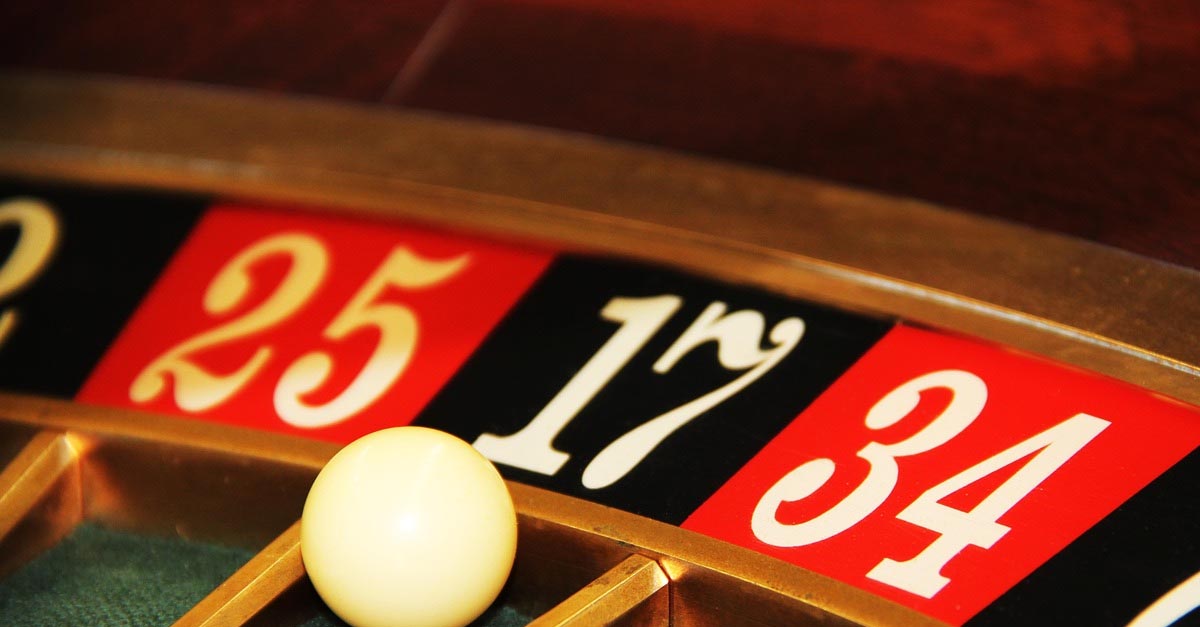Case Study

An individual obtains the exoneration of more than 50,000 € of debt derived from gambling problems.
Recently, a Court of First Instance of Madrid has granted a client of JLCASAJUANA the so-called Second Chance or BEPI (Benefit of Exoneration of Unsatisfied Liabilities), thus obtaining the cancellation of a financial debt of more than 50,000 € assumed with different credit institutions as a result of the serious gambling addiction suffered by the bankrupt.
The bankruptcy proceeding was initiated in 2020 and, pursuant to the then current Law 22/2003, of July 9, Bankruptcy, the petitioners (the debtor and his wife, with whom he was married in community of property at the time of contracting the debts) requested the formalization of an out-of-court payment agreement with their creditors in order to try to find a way out of their difficult situation, The creditors’ meeting took place at the corresponding notary’s office, which ended without an agreement, since the creditors who responded to the meeting rejected the agreement by a majority (only 1.74% voted in favor).
In view of the unwillingness of the creditors to reach an agreement, the time came to request the consecutive insolvency proceeding, in which the Insolvency Administrator presented a Provisional Report by which, thanks to the transparency reflected in the request and the willingness of the insolvent parties to remove the causes of their insolvency, he requested not only the conclusion of the insolvency proceeding in view of the non-existence of the insolvency estate but also, and even anticipating the procedural step, the fortuitous qualification of the insolvency proceeding. The truth is that the applicant’s family unit only owned a vehicle, very old and of very little value, which was nevertheless sold in order to use the proceeds to pay the debts contracted, there having been no movements of assets in recent years that could give rise to suspicion of concealment of assets or similar operations.
Once the appropriate formalities had been carried out and the time allowed to make allegations in relation to the request for the conclusion of the insolvency proceedings made by the Insolvency Administration, JLCASAJUANA requested the granting of the BEPI, expressly stating, by way of recapitulation, that both parties had complied with all the requirements for this purpose, which had already been made clear throughout the proceedings. Of all the requirements for the granting of the BEPI, the most complex to prove in the case under analysis was undoubtedly the concurrence of good faith since, as we said, the origin of the debts was due to a serious gambling addiction of the applicant and, currently, there is no unanimous jurisprudential criterion in this respect, with Provincial Courts being reluctant to grant the exoneration in such cases.
However, thanks to the efforts made by the insolvent party to remove the causes that had caused its insolvency, together with the constant collaboration with the Insolvency Administration, transparency in its actions, a firm commitment not to engage in practices that would endanger its recovery and the correct advice of the lawyers who assisted it, the Court finally agreed to grant the requested BEPI, cancelling the totality of the accumulated debt. Furthermore, none of the creditors (all financial institutions, some with credits of more than €13,000) formulated any allegation or opposition to such concession.
Given that the insolvent parties had requested the granting of the BEPI for liquidation of the active mass in accordance with the regime established in articles 501 and 502 of the current Consolidated Text of the Insolvency Law (TRLC), its granting has been pure and simple, not subject to the provisional regime that would apply in the cases of requesting the BEPI for payment plan provided in articles 495 and subsequent articles of the TRLC.
Once the Order of conclusion of the bankruptcy and granting of the BEPI has been signed, the issuance of the corresponding testimony will be requested in accordance with the provisions of art. 492.2 ter TRLC in order to send it and send it to the different solvency registries in order to record the agreed exoneration and, with this, to obtain the cancellation of any debts and credits covered by the exoneration that may still be registered.






